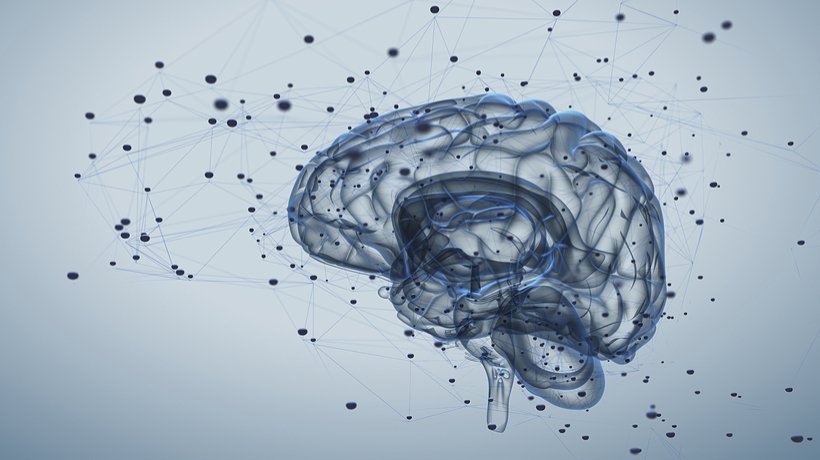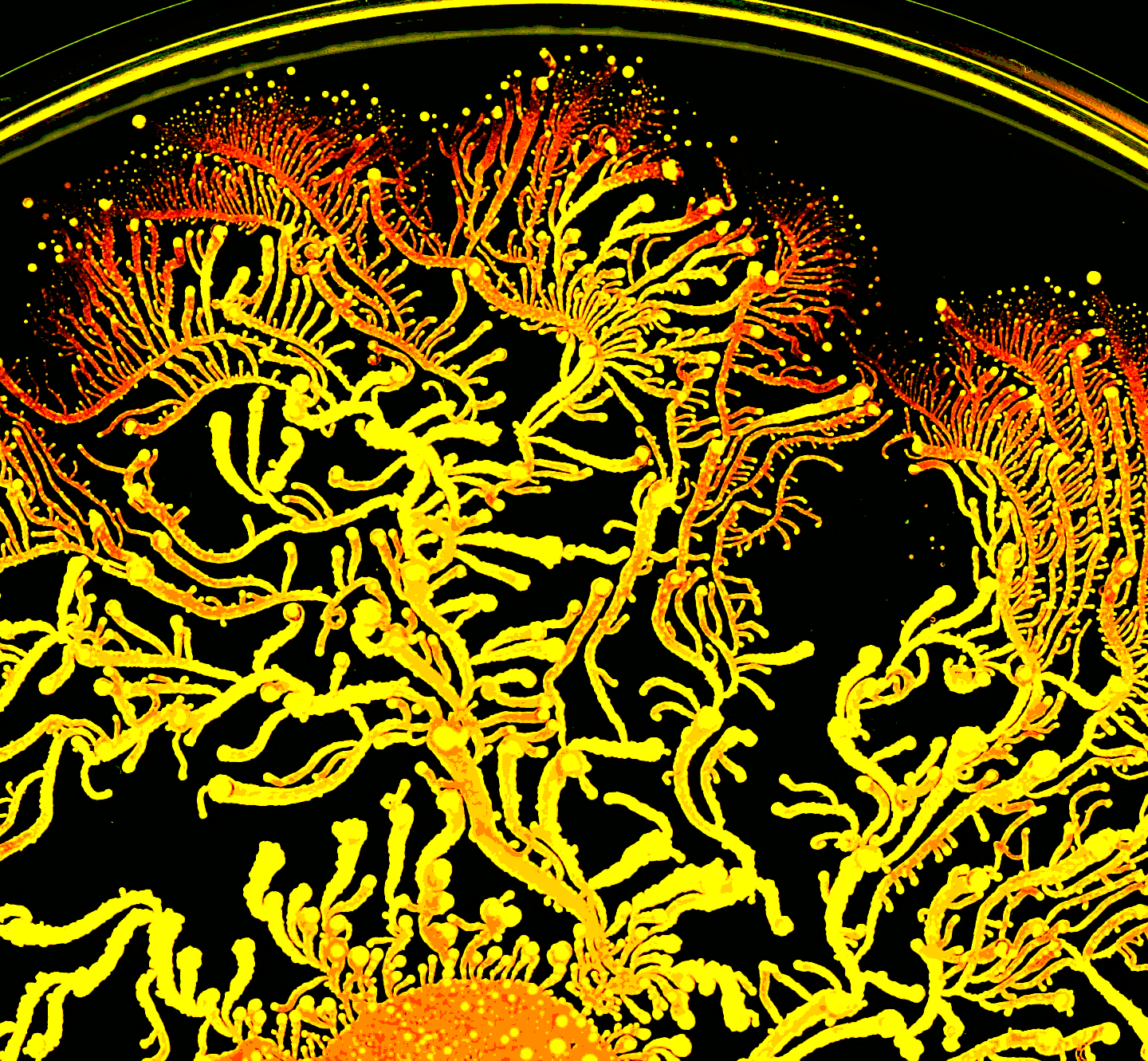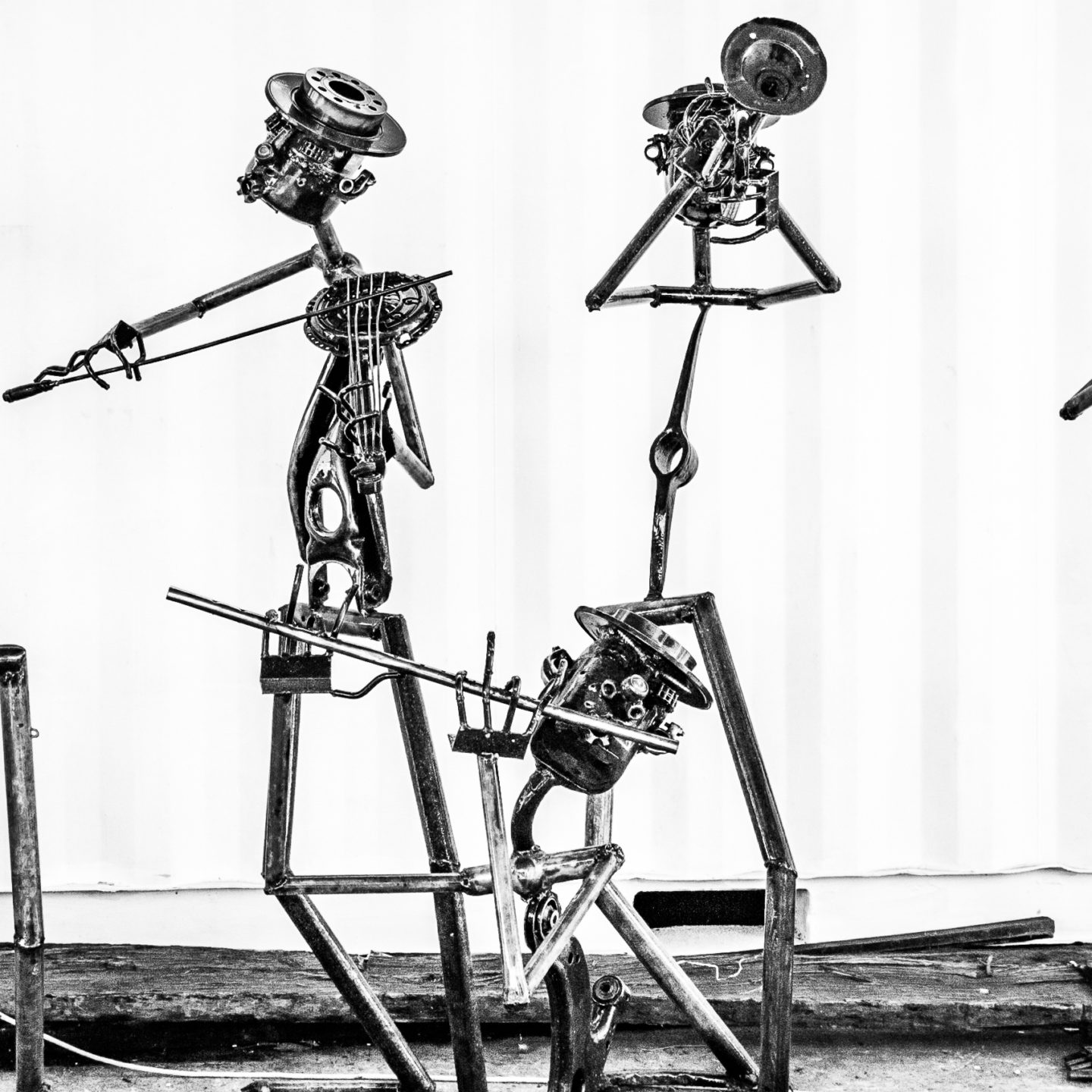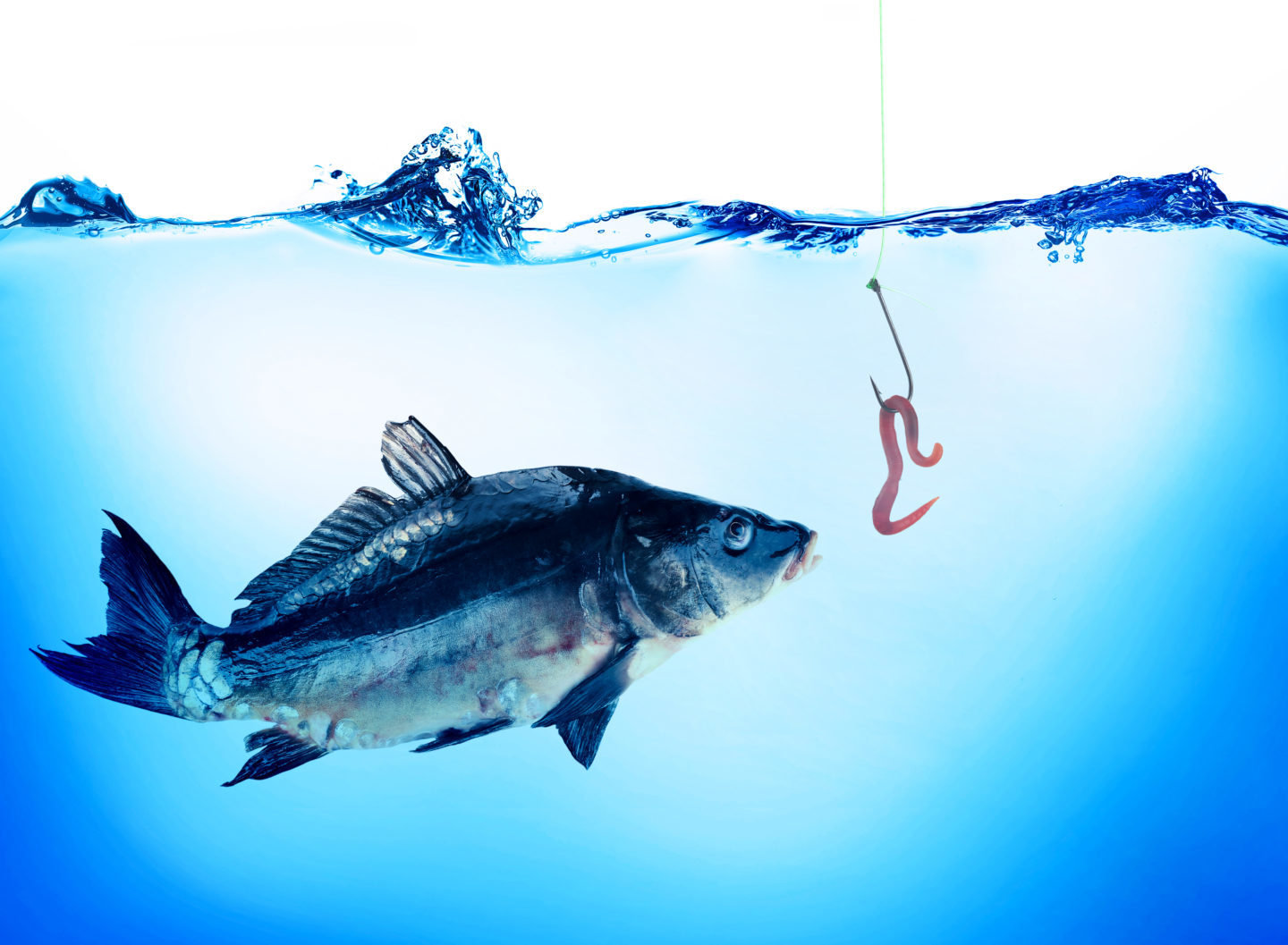Many thanks to Daniel Hutto and Erik Myin for blogging this week on Evolving Enactivism: Basic Minds Meet Content (MIT Press, 2017). To view all their posts on a single page, please click here.
Evolving Enactivism: Neurodynamics sans content
In a direct challenge to radical, anti-representational proposals about how to conceive of cognition, Aizawa (2015) asks “If the brain does not contribute information processing or symbol manipulation or the transformation of representations … then what does it do?” (2015, 761–762). Given that REC embraces precisely such radicalisms, what alternative …







